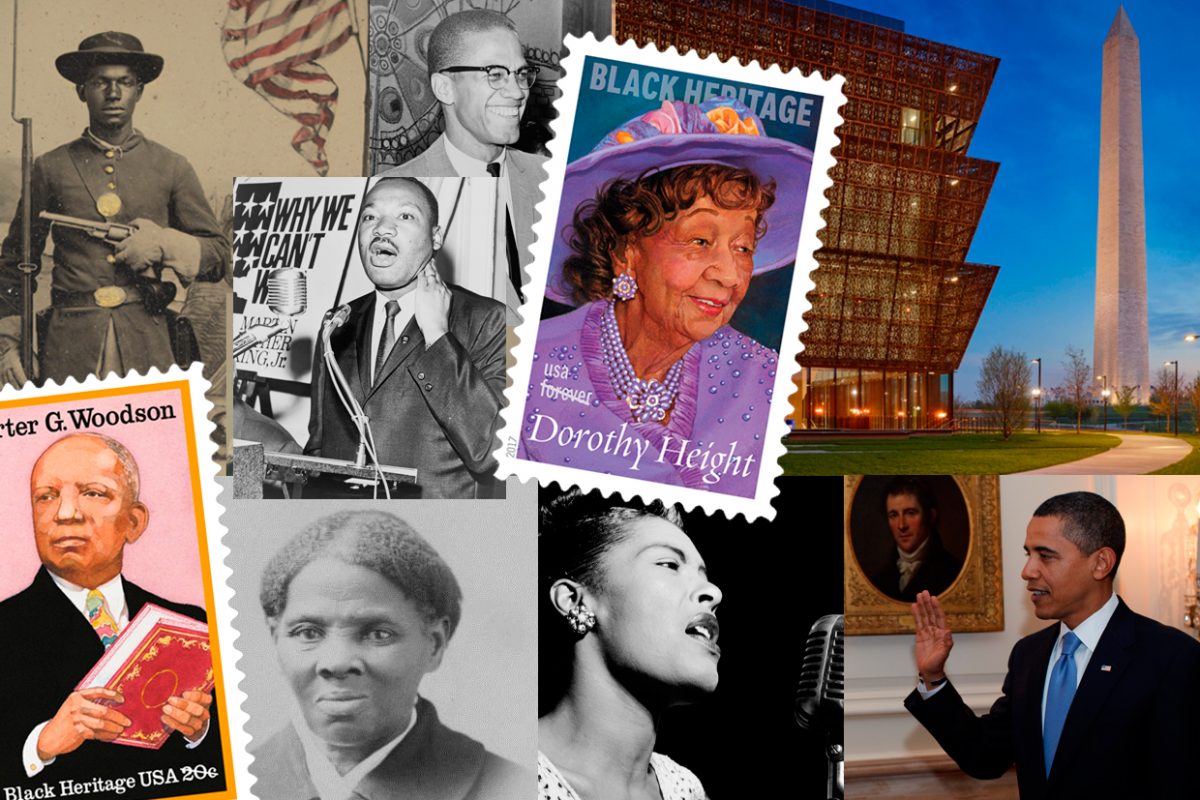It’s changed names and format several times since 1924, but February is the month when schools, cultural institutions and the general public celebrate the African-Americans whose stories have often been left out of official history books.
The celebration of black history is credited to Dr Carter G. Woodson, an African-American historian with a doctorate from Harvard, who helped found the Association for the Study of Negro Life and History in 1915. The ASNLH launched the Negro History and Literature Week in 1924, and by the late 1960s the week had turned into a month.
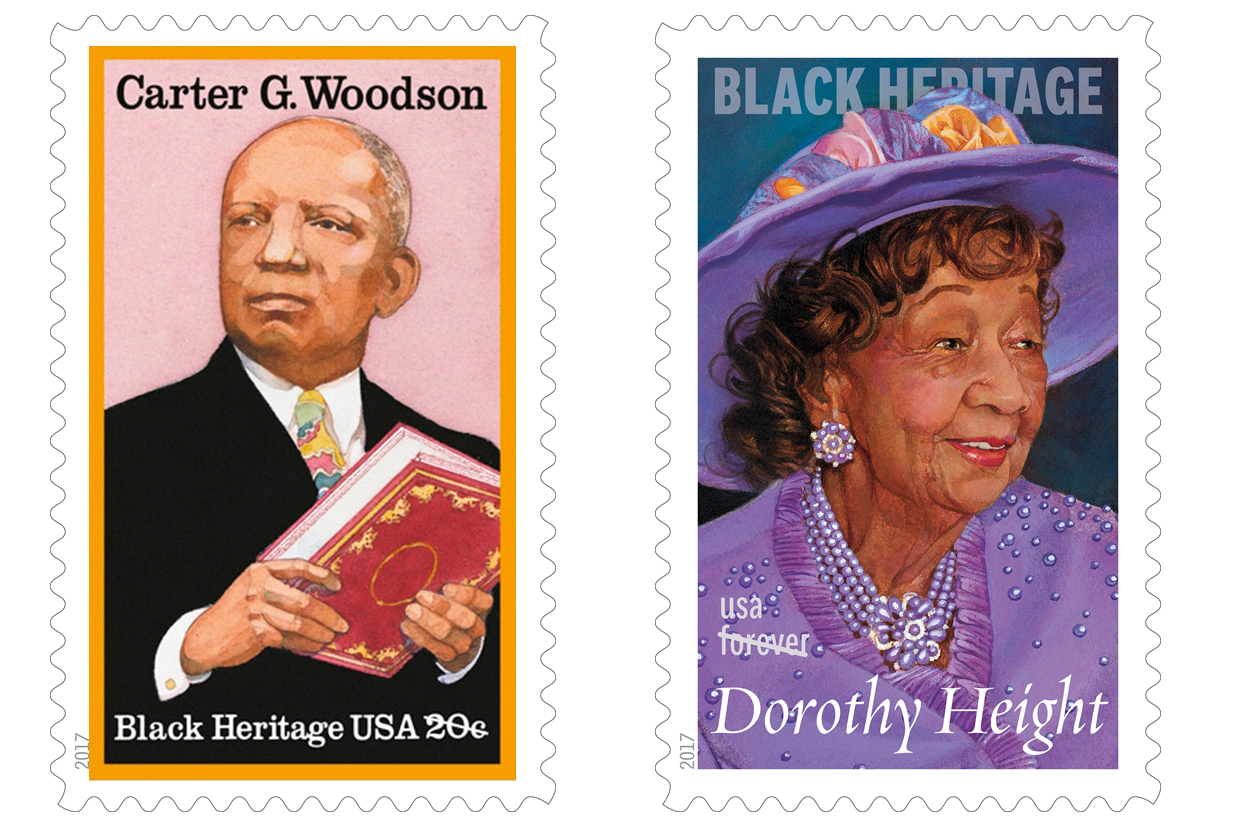
Why February?
February was chosen because it contains the birthdays of two Americans who played a prominent role in African American history:
- President Abraham Lincoln, who signed the Emancipation Proclamation and took the country into civil war over the question of slavery.
- Frederick Douglass, who escaped slavery, opened an abolitionist newspaper and became the first African American to hold high government office.
Why Black History?
In the 1920s, African-Americans were still far from being full U.S. citizens with all the same rights as their white counterparts. It would not be until the late 1960s that the legal barriers to racial equality would be lifted. And many would argue that African-Americans remain underrepresented and economically and educationally disadvantaged to this day.
Like any minority or non-mainstream group, African-Americans tended to be invisible in the country’s own story of itself, its history. Many other groups were, and are, underrepresented: Native Americans, women, the working classes. Woodson and other historians argued that it was important to study and learn from black history, and give future generations role models and stories they could identify with. Crucially, Woodson felt, that it was not just the “great men” of history who were important, but the masses. Lincoln should be celebrated, but he had not single-handedly freed the slaves. The Union Army had, and it had included hundreds of thousands of black soldiers.
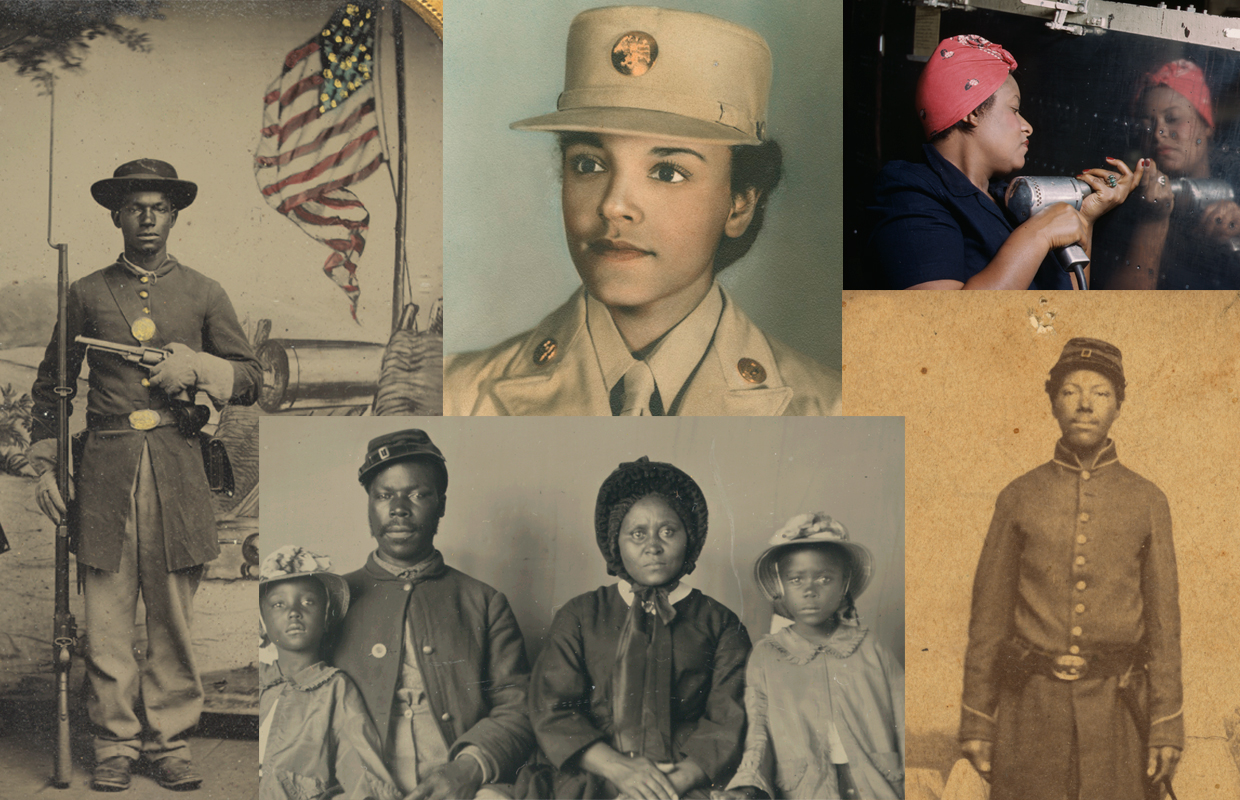
Success and Continuity
Negro History Week began at a time of great change in the African-American experience. In the 1920s, over a million black citizens migrated from the rural South to the urban and industrial North, finding new opportunities for work, education and cultural achievements. They were anxious to learn about their culture and history, and the initiative was immediately popular and grew continuously. By the late 1960s the week had become a month, and since the 1970s, the U.S. President has issued a proclamation endorsing the month each year.
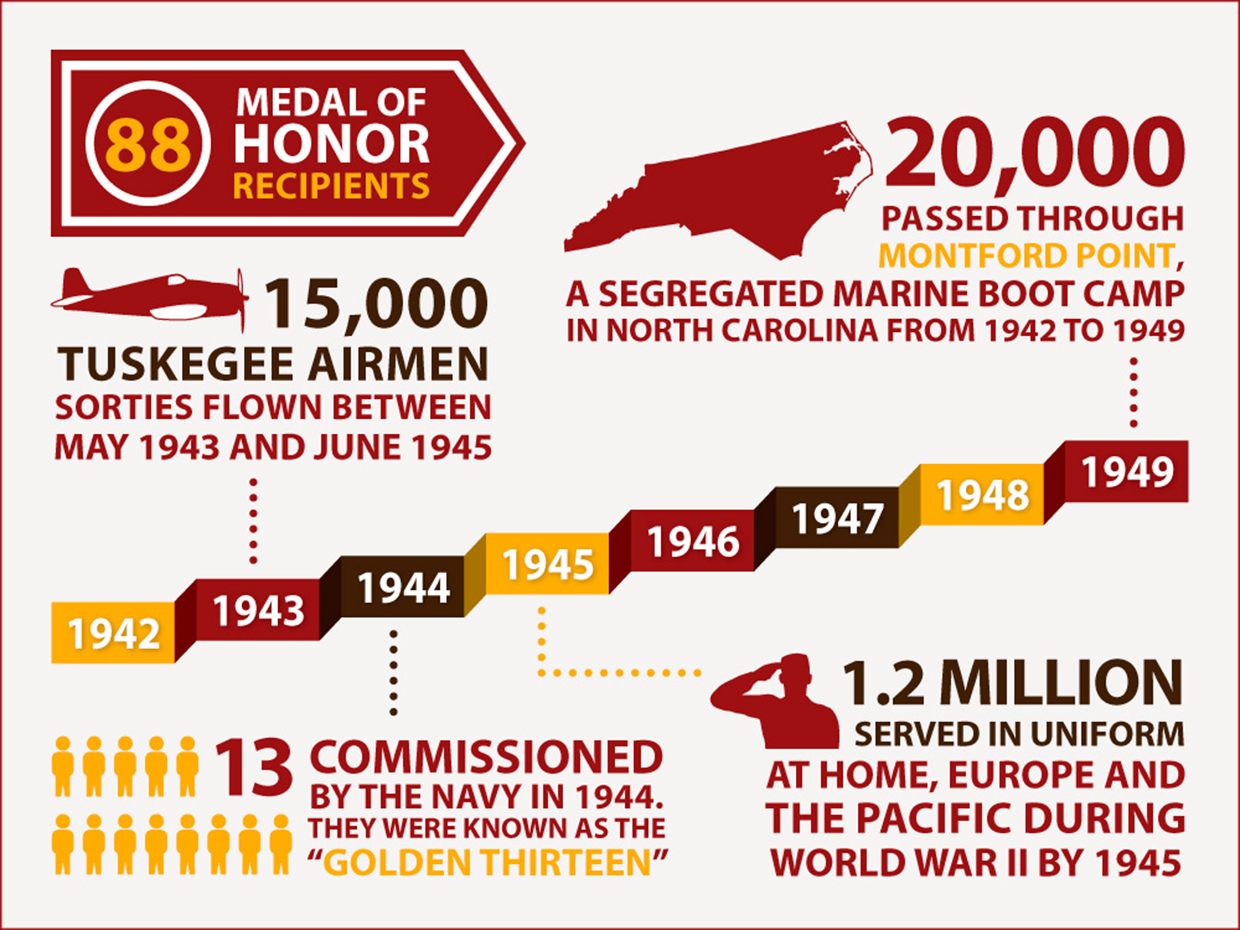
African-American heroes like Martin Luther King, Thurgood Marshall, Rosa Parks, W.E.B. Dubois or Harriet Tubman have filtered up to national recognition. There has been an African-American President. But Woodson would no doubt be disappointed with the current success: his dream was that African American history would become such a part of the mainstream that Black History Month would become obsolete. It doesn’t seem likely just yet.
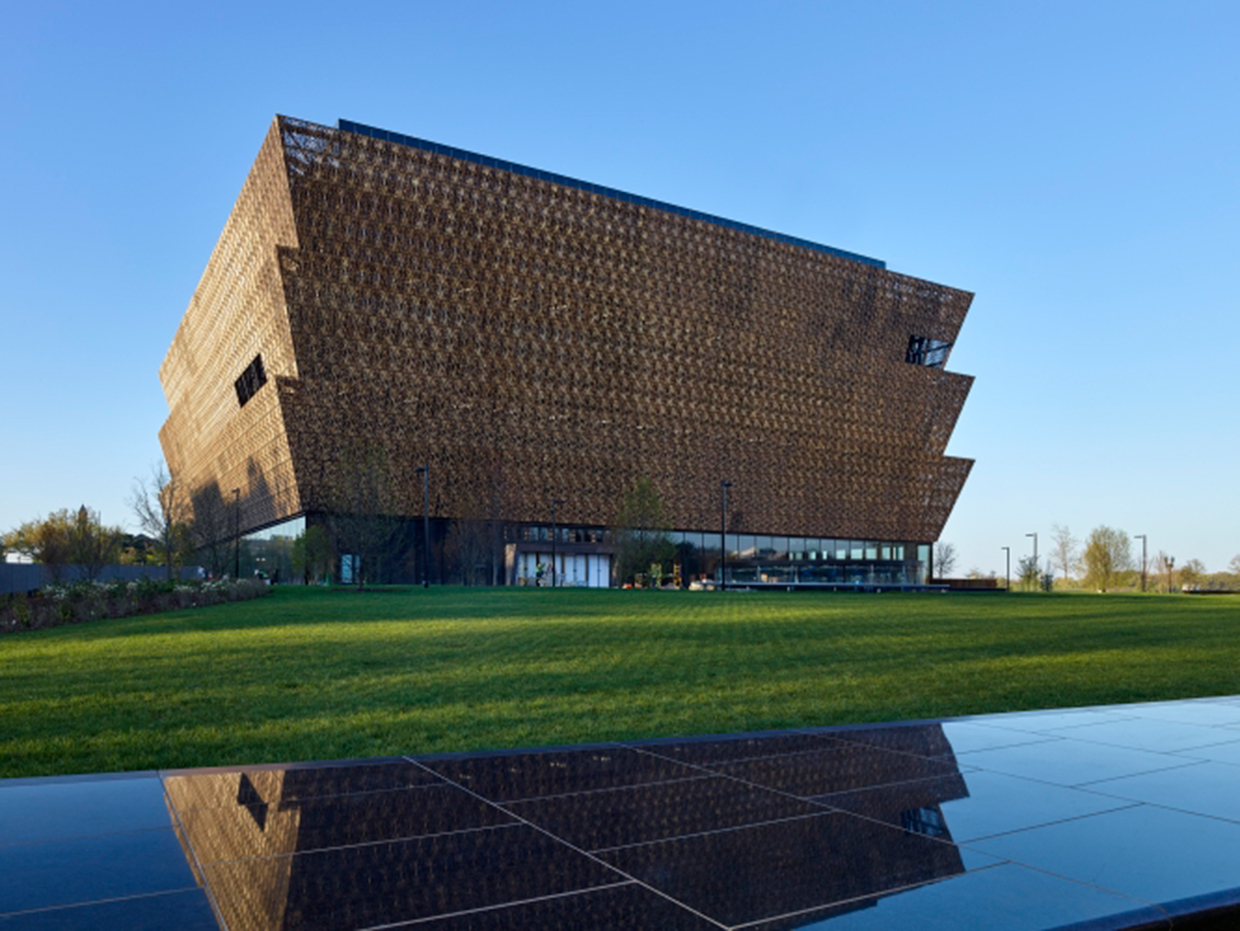
> Happy Birthday, MLK!
> Montgomery Bus Boycott: A Victory for Civil Rights
> African American History on the Web
> Martin Luther King Day on the Web
> Civil Rights: The Montgomery Bus Boycott
Tag(s) : "African American" "American history" "Civil War" "February" "Frederick Douglass" "Give Me Five 4e" "Harriet Tubman" "Lincoln" "Martin Luther King" "mythes et héros" "slavery"





